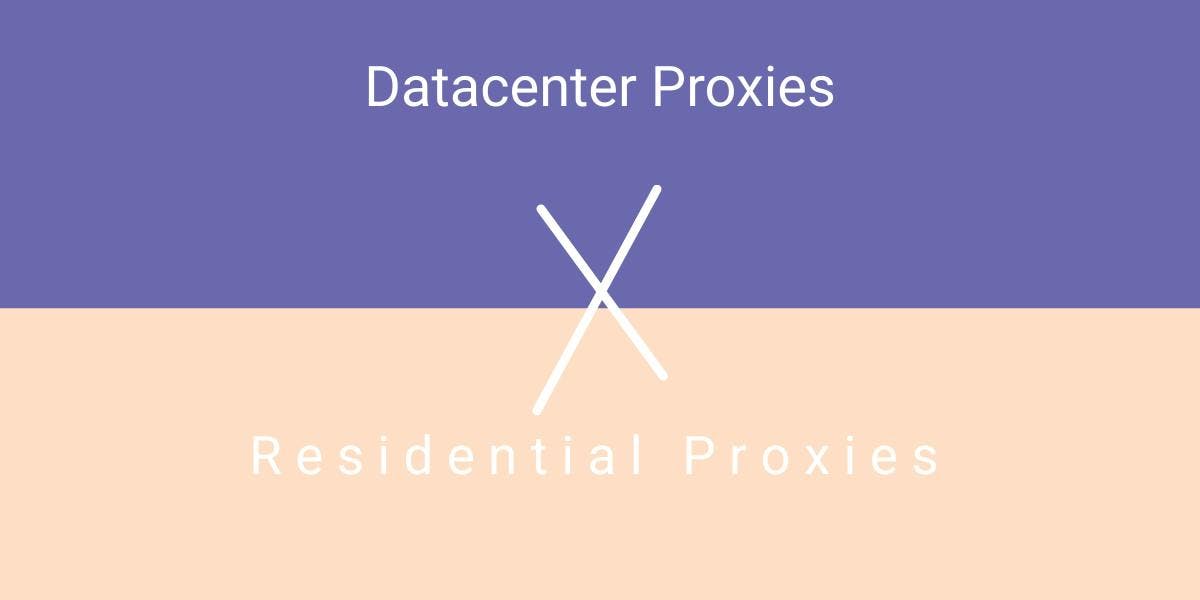Data Mining and Machine Learning: What’s the Difference?
Flipnode on May 17 2023

Data mining and machine learning have emerged as prominent topics in the world of business, offering companies a plethora of benefits, including enhanced understanding of customer needs, in-depth analysis of buying patterns, and gaining a competitive edge, among others. As a result, the combined utilization of data mining and machine learning has gained widespread adoption across various industries.
Despite their popularity, confusion often arises as some mistakenly consider data mining and machine learning as interchangeable terms. However, it is crucial to acknowledge that while they share similarities, they also exhibit distinct differences. It may also be valuable to explore data aggregation, which is closely related to the subjects discussed in this article.
So, what sets data mining and machine learning apart? To discern between the two, multiple factors must be considered. Join us as we delve deeper into this topic to unravel the differences between data mining and machine learning.
What is data mining?
Data mining involves the analysis of existing datasets to discover any patterns or anomalies that are not likely to have been noticed before. This technology enables organizations to improve their decision-making capabilities by examining data to identify the most important and frequent relationships.
During the process of data collection and data mining, companies can employ a wide range of techniques to extract valuable insights from large datasets. Throughout the data gathering and data mining process, hidden and interesting patterns can be discovered through various techniques, including:
- Cluster analysis
- Association rule mining
- Anomaly detection
- And many other techniques
Hence, for businesses that rely on large amounts of data to make informed decisions, leveraging data mining can prove to be immensely beneficial.
Data mining origins
Research indicates that Alan Turing introduced the concept of a universal machine capable of collecting and processing large amounts of data in his seminal 1936 paper, "On Computable Numbers." As modern computers are built on Turing's foundational ideas, data mining has long served a crucial purpose and will likely continue to do so in the foreseeable future.
Furthermore, data mining has evolved to identify a growing number of significant trends that are highly relevant to businesses today. Taking these trends into account can provide a competitive edge over competitors, as failing to do so may result in customers opting for alternative brands.
In fact, a recent study conducted by London South Bank University highlights the influential role of data mining in developing customer-centric business intelligence for online retailers. This valuable insight can aid in the development of effective marketing strategies and drive profitability.
What is machine learning?
Since being coined as a term by Arthur Samuel in 1959 in reference to his checkers-playing program, machine learning has been widely adopted as an advanced technology by businesses worldwide. Its applications span a variety of areas, including enhancing sales processes, improving efficiency, and many other uses.
As machine learning has progressively simplified manual tasks over the years, it is evident that it will continue to be a vital force in the future of companies spanning various industries.
The relationship between data mining and machine learning
Machine learning and data mining often work in tandem, with machine learning being used to kickstart the process for data scientists. While both are rooted in data science and share similar algorithms, they are not entirely interchangeable.
One key distinction is that machine learning has the capability to imitate human behavior and improve task performance over time through self-learning. In contrast, data mining focuses on extracting patterns from existing data without the self-learning aspect.
Furthermore, machine learning provides a basis for machines to teach themselves from the data, while data mining primarily focuses on extracting insights from the available data without the self-learning component.
Machine learning applications
An illustration of machine learning in action is its application in fraud detection, where machines can rapidly identify suspicious activity far more efficiently than human intervention alone. This is achieved through the early detection capabilities of machines, thwarting potential fraudsters before they can cause any harm.
Moreover, machine learning has revolutionized services like search engines, such as Google. The ability to enter search queries through text or voice search and receive relevant and useful associated searches has transformed online research, making it more convenient and efficient for users.
Final Thoughts
As you may be aware, data mining and machine learning are not new inventions and have been in practice long before the digital era. However, their significance and impact are still relevant in numerous ways in the present day.
Both data mining and machine learning have the potential to be immensely beneficial for businesses. Now that you have a better understanding of the differences between these two technologies, you can make an informed decision on which one, machine learning or data mining, will best suit the needs of your business.



